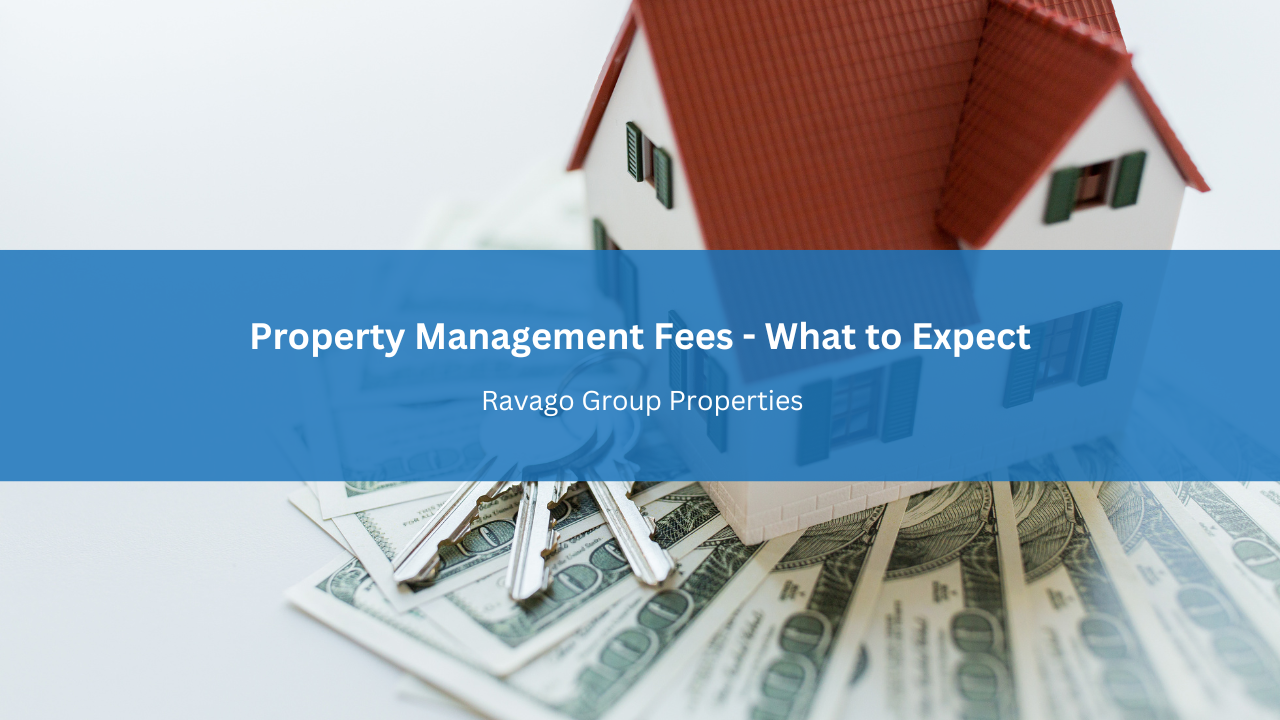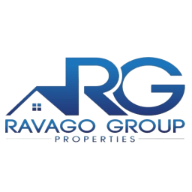Key Takeaways
Hiring a property manager in Las Vegas is more than a cost; it’s an investment that saves time and helps your rental business grow.
Professional management brings reliable tenant placement, optimized rent pricing, and smoother day-to-day operations.
Property managers provide legal guidance, vendor connections, and tenant retention strategies that add long-term value.
Understanding the typical fees makes it easier to plan and budget for professional property management.
Are you considering hiring a property manager for your Las Vegas rental property? You should go for it! Property management isn’t just another expense. It’s an investment.
While paying someone to manage your property may feel like an added cost, the time saved, tenants retained, and problems prevented make it more than worth it.
Rather than drifting into a reactive, DIY approach, treating property management as an investment helps you unlock the true potential of your rental.
You will benefit from increased tenant placement speed, reduced vacancies, legal compliance, and reliable maintenance coordination.
In essence, a professional property manager can turn management costs into value-added services that help your rental business grow sustainably and profitably.
To help you budget accordingly, the team at Ravago Group Properties has written this guide. Keep reading to discover the average cost of property management!
The Benefits of Investing in Property Management
Hiring a property manager is a long-term investment. With the right professional by your side, you’ll be able to see improvements such as the following:
Time Savings and Reduced Stress
Managing tenants, maintenance calls, and emergencies takes time and can lead to burnout. A property manager takes these tasks off your plate, letting you focus on growth or other priorities.
Consistent Tenant Screening and Placement
Experienced property managers use proven screening systems to find reliable tenants. This includes credit checks, background checks, and employment verification.

Optimized Rent Pricing
Managers conduct local market analyses and adjust rent pricing to maximize occupancy and yield. Their expertise and market insights help keep your property competitive and profitable.
Efficient Rent Collection and Financial Reporting
Professional firms enforce timely rent collection, handle late payments, and offer clear financial statements.
This helps preserve a consistent cash flow and makes it easier to assess the performance of the unit.
Legal Compliance and Risk Mitigation
Rental laws are complex and can change significantly year over year.
Property managers help ensure your leases, terms, and procedures comply with local rules, reducing the risk of legal disputes, fines, and evictions.
Access to Reliable Vendor Networks
Managers often have relationships with trusted local contractors for repairs, inspections, and maintenance. This helps owners get quality work at more competitive rates.
Amplified Tenant Retention
A responsive manager who addresses tenant needs quickly can increase lease renewals, cut re-leasing costs, and maintain steadier rental income.
Breakdown of Property Management Fees and Costs
Property management rates vary greatly based on the market, property type, and service level.
However, the following are the most common fees and cost categories you’ll encounter when looking to hire a property management company:
1. Setup Fee
Like any other service, property managers often charge a one-time fee for onboarding new clients.
This makes up the cost of setting up your account, inspecting the investment property, and any other administrative onboarding tasks. Some firms charge hundreds for this, but many often waive it.

2. Monthly Management Fee
Managers charge a core service fee for their services, including rent collection, tenant communication, maintenance coordination, bookkeeping, and routine inspections.
This is typically a percentage of the monthly rent collected.
3. Leasing or Tenant Placement Fees
Leasing a property comes with plenty of administrative work.
That’s why most managers charge a fee every time a new tenant is placed on your property. It covers marketing, tenant screening, showings, and lease signing.
4. Maintenance Coordination Fees or Markups
The majority of property managers request an extra cost on top of contractor invoices for significant repairs or renovations, even though modest repairs may be covered by the standard price.
5. Lease Renewal Fees
Renewals take time and plenty of back-and-forth with tenants. That’s why most managers charge an additional fee to renew a lease.
This fee is typically flat or a fraction of a month’s rent. It covers everything from property inspections to paperwork updates and lease negotiations.
6. Vacancy or Holding Fee
Some companies charge a monthly fee to manage the property during vacancy periods, especially when conducting marketing or inspections.
This is typically a small percentage of the usual monthly management fee.
7. Eviction Fees
Dealing with an eviction is never easy. If legal action is needed, your property manager may charge an additional fee to handle evictions, court filings, service of process, and follow-up.
Some charge a flat rate or a monthly eviction protection fee. However, this doesn’t include court or lawyer fees.

8. Miscellaneous Fees
These might include charges for bill payment services, tenant onboarding, property inspections, key duplicates, insurance claims, or dedicated concierge services.
The price can vary widely depending on the company and services provided. It’s important to ask your manager for an itemized list of fees and markups to avoid surprises.
Bottom Line
Landlords typically spend a portion of their annual rental income on property management, plus additional fees for leasing, maintenance, renewals, and vacancies.
While this can seem like an added expense, hiring a property manager is, in reality, a strategic investment.
The time saved, the higher tenant retention, and the woven-in risk management are more than worth the investment.
If you’re looking for a trusted property management company in Las Vegas, contact Ravago Group Properties! With over three decades of experience, we know the local market like the back of our hands.


